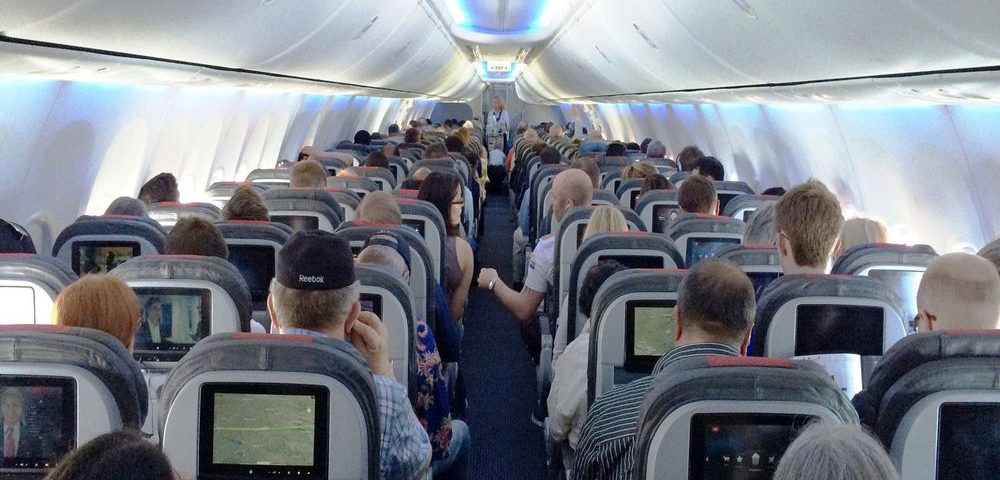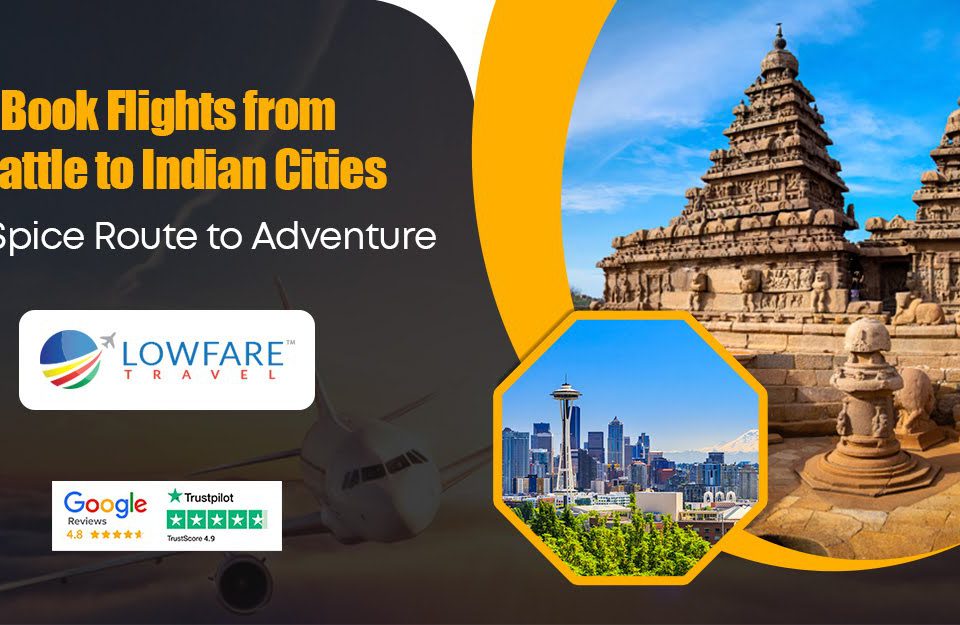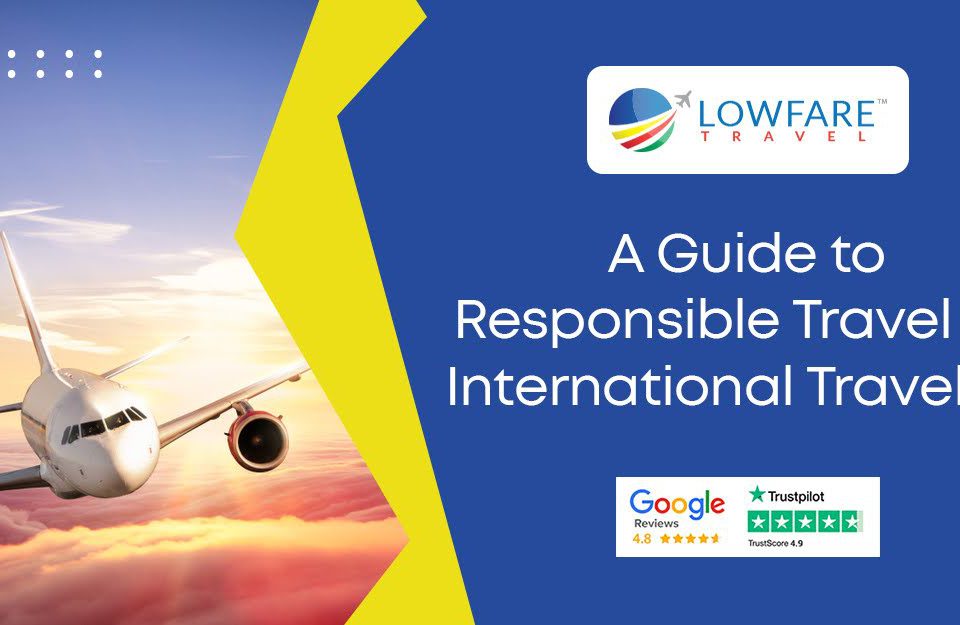The U.S. embassy and consulates remain to monitor COVID-19 situations in India. Case volumes continue to lessen throughout the country, and media reports demonstrate that healthcare capacity is nowadays sufficient to deal with healthcare requires both in terms of accessible critical care bed space and amounts of qualified medical personnel.
The CDC travel health signal to India currently sits at Level 4. The U.S. citizens who are now traveling to India for inevitable reasons are strictly instructed to continue adapting personal health safety criteria to defend themselves. Including exercising social or physical distancing, washing hands with soap/hand sanitizer, donning masks, and averting crowded areas with bad ventilation. The CDC strongly proposes that U.S. citizens get flu shots to safeguard themselves from a crucial flu outbreak and lessen the necessity to access the local health network at this time. Finally, U.S. citizens should proceed to obey regulations introduced by Indian officials formulated to mitigate COVID-19 eruptions in their areas.
Regular services are accessible throughout the country, comprising grocery stores, schools/universities, and sacred services. Largely, schools have shifted to online or hybrid systems. For certain information about classes, please scan with your educational establishment. Ample retail shops and restaurants are accessible, though they may have lessened hours and thresholds on the number of patrons authorized to go inside. Public meetings are constrained in size. Contact drawing and temperature scans are widely exercised, and most restaurants will expect patrons to furnish their name and a mobile number to attain the establishment.
Face masks are nearly universally worn in public, especially in metropolitan areas, indoors, and on public transport. U.S. citizens should be conscious that failure to embrace mask-wearing norms reflects badly on foreign residents and may result in a penalty.
COVID-19 Testing
- Are PCR and antigen tests accessible for U.S. inhabitants in India? Yes, tests are widely used throughout India in both personal and government capabilities.
- If so, are test results readily prepared within 72 hours? Yes, results are generally available in that frame of time. While in some towns, results take 24-48 hours when performed by a private lab, there have been no announcements of travel hesitations due to elusive test results. The travelers need to organize tests with enough advance notice and be conscious that testing is usually not possible on Sundays as most labs remain shut.
- U.S. citizens should call their doctor in India to petition assistance planning a COVID test before travel. The citizens who do not have a medic can locate a testing capacity near them by getting on to the Indian Council for Medical Research website or contacting the Ministry of Health and Family Welfare’s toll-free COVID helpline number (1075). Testing at government clinics throughout India is unrestricted to the public. The State governments and range set expenses for testing at a private facility or private housing from Rs 400 to Rs 2250 per individual.
- Travelers can anticipate receiving results via phone or email.
- For information on restricted humanitarian protection to CDC’s requirement that all U.S. edge travelers illustrate a negative COVID test .
- Humanitarian exemptions to this injunction will be awarded on a minimal basis and will only be deemed when the country of departure lacks sufficient COVID-19 testing capacity. To submit evidence in support of protection, email [email protected].
COVID-19 Vaccine Information:
- Has the government of India ratified a COVID-19 vaccine for usage? Yes, the Government of India has authorized two locally produced vaccines for usage in India. The Government of India started administering vaccinations to healthcare and the front-end workers and individuals above the age of 50 years and people with comorbidities on January 16, 2021. Vaccinations for the common public are not yet accessible. Once available to the public, people will have to enroll on the Co-Win app and deliver identification. Acceptable aspects of ID include Aadhaar, driving license, voter ID, PAN card, passport, job card, or pension certificate. People will accept an SMS message with circumstances on the date, venue, and moment of vaccination.
- The U.S. government does not scheme to furnish COVID-19 vaccinations to personal U.S. citizens overseas. Please attend host country growths and approaches for COVID-19 vaccination.
- Government of India statements respecting vaccination are available at in/covid-19/.
- Information from the CDC regarding COVID-19 vaccination.
Entry and Exit Needs
- Are U.S. citizens authorized to arrive in India? Yes, relying on the objective of travel.
- Travel to India for a legitimate purpose like tourism and vastly other short-term goals is still not authorized.
- India has newly modified its strategies, however, to allow for some additional classifications of travelers. This includes certain business travelers, as well as people moving to India as inhabitants.
- For detailed information on travel regulations and any apparent exceptions, please consult the Indian Ministry of Home Affairs or the Ministry of Civil Aviation. The U.S. The Embassy strongly exhorts any U.S. citizens deeming travel to India to keenly review the data made available from the Government of India. Please report these laws are subject to change with limited notice. The U.S. embassy has nearly no capacity to intervene on behalf of travelers refused entry into India and travelers withheld entry at Indian ports of access must anticipate to be immediately reboarded and seated on flights around to the United States.
- Is a negative COVID-19 test (PCR or serology) compelled for admission? No, unless travelers arrive in India on a flight starting in the United Kingdom. However, the travelers petitioning an exemption to quarantine must submit a negative test outcome.
- All international passengers must attend in/covid19and submit a self-declaration form at least 72 hours before parting for India.
- Are our health testing procedures available at airports and other refuges of entry? Yes, a warning questionnaire and thermal (fever) testing will be conducted upon entrance in India for all international passengers at airports and seaports. Passengers who show symptoms or are probed positive for fever by mechanical fever scanners will be put up with designated isolation buildings for further examination and testing.
- If the laboratory examination is substantiated positive for COVID-19, the passenger will be clenched at the isolation facility for further supervision.
- If two successive laboratory tests of samples obtained 24-48 hours apart are negative, the traveler would be discharged after resolving the symptoms.
- The evidence on these passengers will be disseminated with the Ministry of Health and Family Welfare staff for additional follow-up.
- The Indian Ministry of Home Affairs asserted that foreign nationals who deserted in India because of COVID-19 constraints might extend their regular visas and e-visas after finishing an online application. Travelers with approved divisions should not be penalized an overstay penalty upon leaving the country. Reach out to the Foreign Resident Registration Office (FRRO) well before any intended withdrawal to obtain appropriate exit approval (https://indianfrro.gov.in/eservices/home.jsp).
Movement Restrictions
- Is a curfew going on? Yes, there is a curfew in some states.
- Are there constraints on the intercity or interstate journey? Yes, some states expect a current negative test outcome if entering from different Indian states or for travelers to quarantine for 14 days.
Information on Quarantine
- Are U.S. citizens expected to quarantine? Yes, all travelers arriving in India, containing residents and Overseas Citizens of India (OCI) cardholders, are expected to quarantine for 14 days until and unless an exemption is authorized. In some cases, travelers may be inquired to quarantine founded on thermal and other testing performed on symptomatic passengers. Some states expect quarantine for all people arriving from outside their boundaries with no exemptions. During the 14-day quarantine period, travelers are not authorized to use any form of public transportation or appear in any public area.
- All international passengers must visit in/covid19 and submit a self-declaration layout at least 72 hours before exiting for India.
Transportation Access
- Are commercial flights going on? Yes, within India. A smaller number of international flight choices are accessible. Airlines may have stringent policies respecting who can book/board these flyings based on Indian government constraints.
- Is public transport operating? Yes.
Fines Charged On Non-Compliance
- People in civil areas without a mask may be fined per instance of non-compliance. The payment differs by area (currently Rs 2,000 per instance in New Delhi).
- People who break quarantine may be penalized and/or detained. The harshness of the punishment for non-compliance will rely upon the state government policies and the level of threat the absence of quarantine presented to the public.
Consular Operations
- U.S. Embassy New Delhi and the U.S. Consulates in Chennai, Hyderabad, Kolkata, and Mumbai have begun some basic services. For information on visas, click here, and for U.S. citizens, click here.
- U.S. citizens and visa applicants who are consented appointments at U.S. Embassy New Delhi or any U.S. consulate in India should necessarily wear masks upon entering the area and are restricted from entering these buildings if they have indications of COVID-19 or have been exposed to anyone known to have tested positive for COVID-19 in the last 14 days.
Local Resources
Below are quotations of local COVID-19 news in English. U.S. citizens should nearly monitor trusted local news sources and local authorities’ information for updates and data. This record is not exhaustive:
- Indian Ministry of Home Affairs
- Indian Bureau of Immigration
- Indian Ministry of Health and Family Welfare
The Indian Ministry of Health and Family Welfare has a 24/7 hotline at +91-11-2397-8046 with English-speaking operators or can be reached at [email protected].
The Indian Medical Association additionally provides a 24/7 hotline for people to get in touch with a doctor at +91 99996-72238 or +91 99996-72239.







